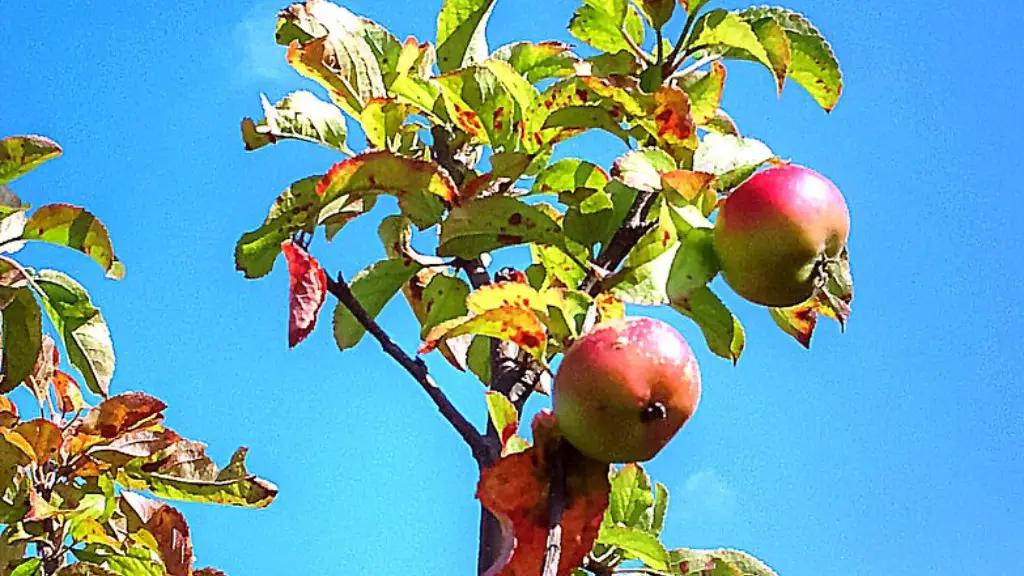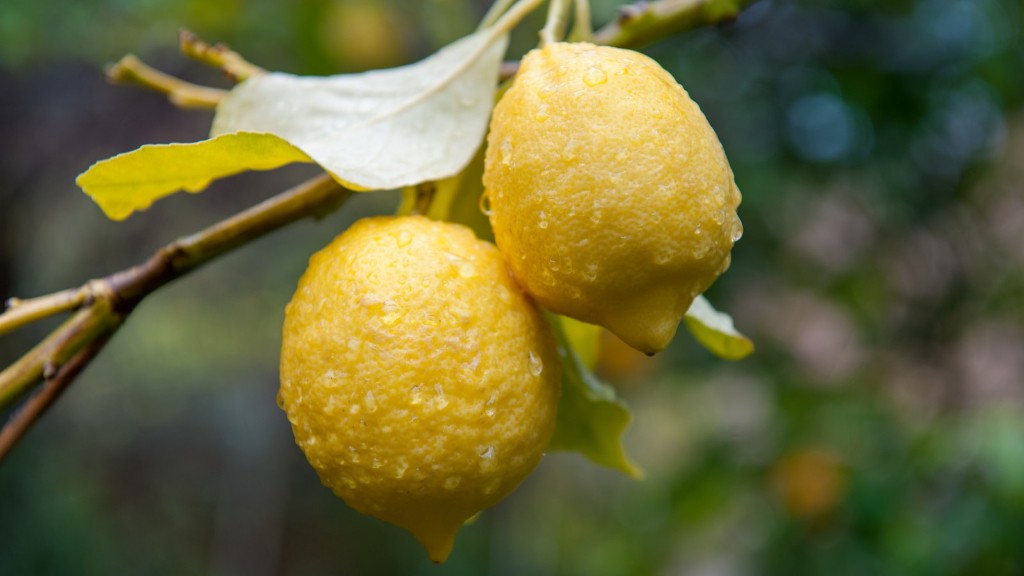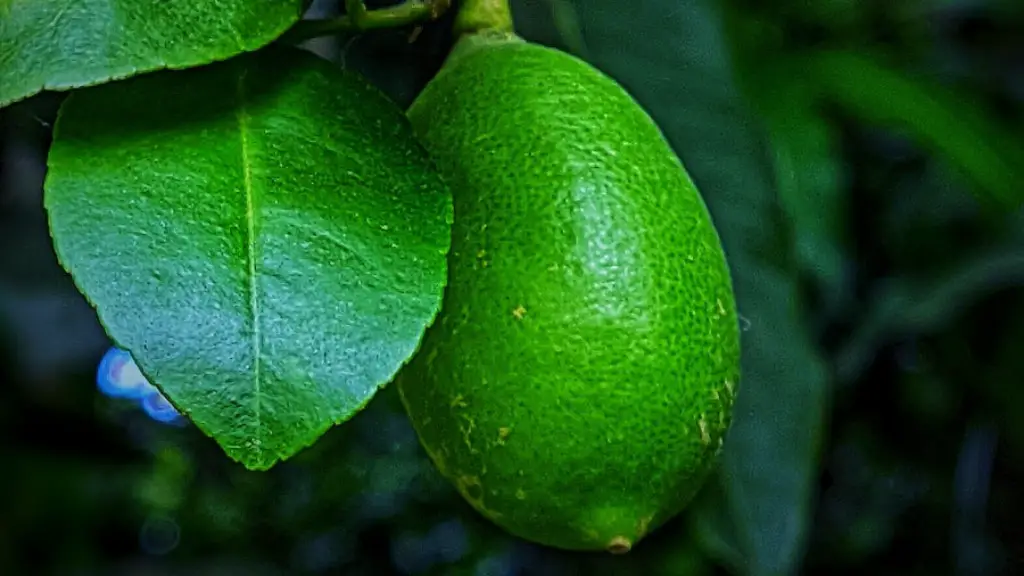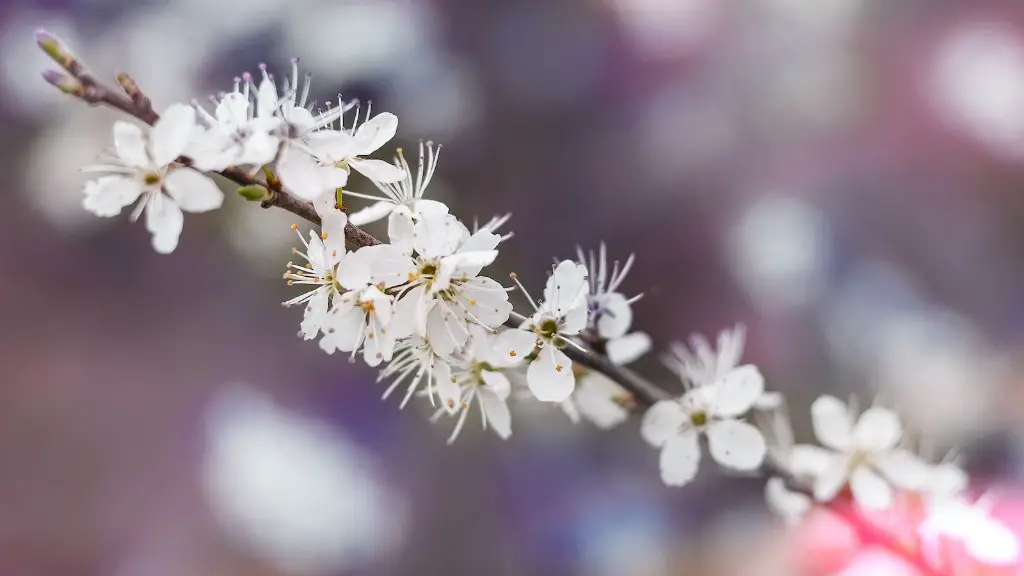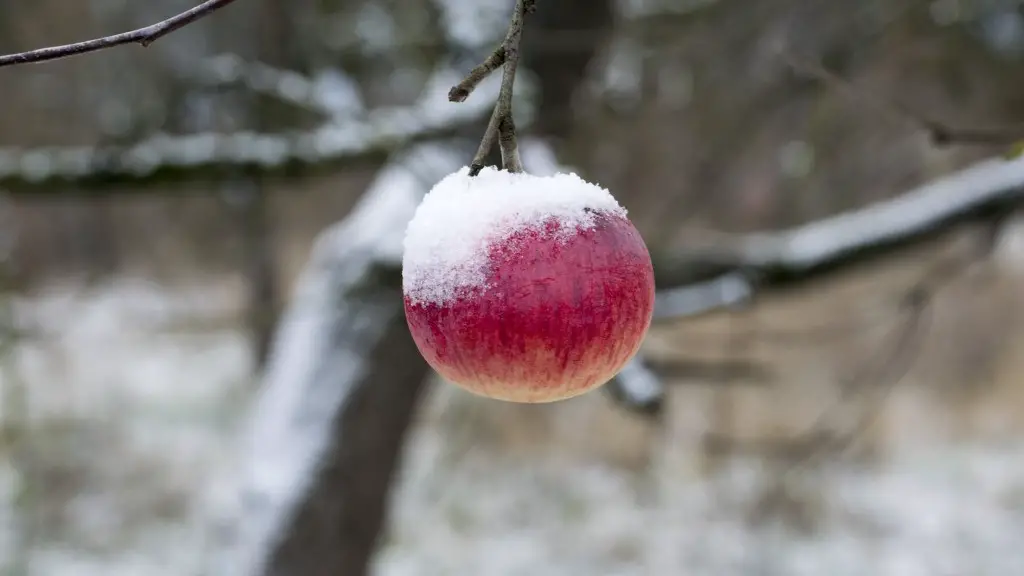Lemon trees come in a variety of sizes, so it’s important to know which one is the right fit for you when selecting the ideal tree. When selecting the size of lemon tree to buy, some factors should be taken into consideration such as the size of the area where you plan to plant the tree, the amount of sun that area receives and the goals you desire to achieve with your lemon tree. The most important factor to bear in mind when selecting your lemon tree is size. Here, we’ll discuss everything you need to know about selecting the right size lemon tree.
When deciding what size lemon tree to buy, you first need to determine the amount of space you have available and the amount of sun that space receives. If you have a small space, you’ll want to opt for a more compact-sized lemon tree. If you have a larger outdoor area, you can go for a larger size lemon tree variety. Additionally, if you have a patio or a balcony, you may want to opt for a containerized lemon tree.
Next, you’ll want to think about the goals you have for your lemon tree. If you’re looking for a larger size lemon tree, you may want to opt for a variety such as the Eureka Meyer or the Lisbon. These trees are larger and produce the biggest, juiciest lemons. Also, if you’re looking for a tree that will produce lemons year-round, you may want to choose a dwarf everbearing lemon tree variety.
For a containerized lemon tree, you’ll want to opt for smaller varieties such as the Meyer Lemon or the dwarf variety. Containerized lemon trees shouldn’t grow larger than 8 feet in most cases. As for the soil, you can use a combination of one part soil and two parts potting mix for your containerized lemon tree. And, you’ll need to provide your containerized lemon tree with adequate drainage.
Finally, if you’re looking for a small size lemon tree you may want to opt for the dwarf variety, as these trees are compact and produce smaller lemons. These trees are also much easier to care for and handle than larger varieties. Additionally, the dwarf variety also requires less sunlight and water, making it more suitable for indoor growing.
Containerized Lemon Trees
Containerized lemon trees are becoming increasingly popular, as they offer the convenience of being able to move the tree around your home or to a different location. Additionally, they can also be great for balconies or patios, as they don’t require a great amount of room. When selecting a containerized lemon tree, you’ll want to choose a smaller variety of lemon tree such as the Meyer lemon or the dwarf variety. Keep in mind that the container size for these trees should not be more than 8 feet in height.
When caring for your containerized lemon tree, it is important that you provide it with adequate drainage. You can do this by adding mulch or soil at the bottom of the pot to absorb any excess water. Additionally, you’ll want to use potting mix as the soil for your tree, as it is much lighter and easier to manage. Additionally, water your tree regularly and ensure that the soil is always moist. Finally, make sure to prune your citrus tree regularly to maintain its shape.
When it comes to sunlight, your containerized lemon tree will require direct sunlight for at least 6 to 8 hours a day. Additionally, be sure to rotate your tree every few weeks to ensure that each side of the tree receives enough sunlight. Keep in mind that if your lemon tree does not receive enough sunlight, it will not produce healthy and juicy lemons.
Finally, it’s important to fertilize your containerized lemon tree regularly. Citrus trees require more nutrients and minerals than other trees, so you’ll want to ensure that your tree is getting a high-quality fertilizer. Additionally, you’ll want to make sure that you’re using organic fertilizer, as this will ensure that the lemons your tree produces are free of chemicals.
Dwarf Lemon Trees
Dwarf lemon trees are an ideal option for those who are looking for a small size lemon tree. These trees are much smaller than their larger counterparts and typically reach a height of no more than 8 feet. Additionally, these trees are very easy to care for, as they require less sunlight and water. This makes them an ideal choice for those who don’t have a lot of time on their hands or those who are new to growing citrus trees.
When it comes to selecting a dwarf lemon tree, you’ll want to choose a variety that is known for producing good quality lemons. Popular varieties of dwarf lemon trees include the Dwarf Eureka, the Dwarf Lisbon and the Dwarf Meyer. Additionally, most dwarf lemon trees are not self-fertile, so you’ll need to purchase two trees in order to ensure that your tree produces good quality lemons.
In terms of care, the dwarf lemon tree only requires half the amount of water and sunlight that a regular size lemon tree requires. When it comes to water, you’ll want to provide your tree with a slow and steady watering schedule to ensure that the soil is always moist. Additionally, you’ll want to make sure that your tree receives at least 6 to 8 hours of direct sunlight a day.
When fertilizing your dwarf lemon tree, it’s important to opt for a high-quality organic fertilizer. This will ensure that your tree receives the essential nutrients and minerals that it needs. Additionally, if your tree is showing signs of distress, such as yellow leaves, you may want to provide it with an additional dose of fertilizer to help it get back on track.
One of the biggest benefits of a dwarf lemon tree is that it takes up less space than a regular size lemon tree. As such, this makes them ideal for those with smaller yards or balconies. Additionally, these trees are much easier to care for and handle than their larger cousins, so they are suitable for those who are new to growing citrus trees.
Eureka Meyer Lemon Tree
The Eureka Meyer lemon tree is one of the most popular varieties of lemon trees on the market. This tree is known for producing large, round and juicy lemons, making it an ideal choice for those looking for a larger size lemon tree. Additionally, the fruits of the Eureka Meyer tree often have a sweeter taste than other varieties and offer an abundance of culinary uses.
When it comes to size, the Eureka Meyer lemon tree is larger than other varieties and, when mature, can reach a height of up to 12 feet. Additionally, this tree is self-fertile, meaning that it will produce lemons without the need for another tree, although it is recommended that you purchase two trees for optimal fruiting. However, due to its size, this tree is not suitable for smaller areas.
In terms of care, the Eureka Meyer tree requires more water and sunlight than its smaller counterparts. When it comes to water, you’ll want to provide your tree with a slow and steady watering schedule, ensuring that the soil is always moist but not saturated. Additionally, you’ll want to make sure that your tree receives at least 6 to 8 hours of direct sunlight each day.
As for fertilizing, you’ll want to opt for a high-quality organic fertilizer such as fish emulsion, as this will ensure that your tree has access to the essential nutrients and minerals it needs. Additionally, you’ll want to make sure that you’re providing your tree with the recommended amount of fertilizer, as this will ensure that it produces healthy and juicy lemons.
Pruning is also an important part of caring for your Eureka Meyer lemon tree. Pruning your tree will help to ensure that it remains healthy and produces good quality lemons. Additionally, it will also help to keep the shape and size of your tree in check. Lastly, it’s important to remember to keep your tree away from cold drafts, as these can damage your tree’s leaves and decrease fruiting.
Lisbon Lemon Tree
The Lisbon lemon tree is another popular variety of lemon tree. This tree is larger than other varieties and, when mature, can reach a height of up to 25 feet. Additionally, the Lisbon tree is self-fertile and is known for producing large, round, juicy lemons with a very sweet flavour. This tree also has an abundance of culinary uses, making it an ideal choice for those looking for a larger size lemon tree.
In terms of care, the Lisbon lemon tree requires more water and sunlight than its smaller counterparts. When it comes to water, you’ll want to provide your tree with a slow and steady watering schedule, ensuring that the soil is always moist but not saturated. Additionally, you’ll want to make sure that your tree receives at least 6 to 8 hours of direct sunlight each day.
Fertilizing is also a key part of caring for your Lisbon lemon tree. You’ll want to opt for a high-quality organic fertilizer such as fish emulsion, as this will help to ensure that your tree has access to the essential nutrients and minerals it needs. Additionally, you’ll want to make sure that you’re providing your tree with the recommended amount of fertilizer, as this will help to ensure that it produces healthy and juicy lemons.
Pruning is also essential when it comes to caring for your Lisbon lemon tree. Pruning your tree will help to ensure that it remains healthy and produces good quality lemons. Additionally, it will also help to keep the shape and size of your tree in check. As for timing, it’s best to prune your tree during the winter months when the tree is dormant.
Finally, it is important to keep your Lisbon lemon tree away from cold drafts, as these can damage your tree’s leaves and decrease fruiting. Additionally, it is important to rotate your tree every few weeks to ensure that each side of the tree is receiving adequate sunlight. Lastly, be sure to cover your tree during cold weather to protect it from freezing temperatures.
Conclusion
When selecting the right size of lemon tree to buy, it is important to take into consideration the size of the area in which you plan to plant it, the amount of sun that area receives and the goals you want to achieve with your tree. Additionally, it is essential to keep in mind the type of tree you desire; whether it be a containerized lemon tree, a dwarf lemon tree or a larger size variety such as the Eureka Meyer or Lisbon. Ultimately, understanding the factors that go into selecting the right size lemon tree is key to helping you achieve the best results.
